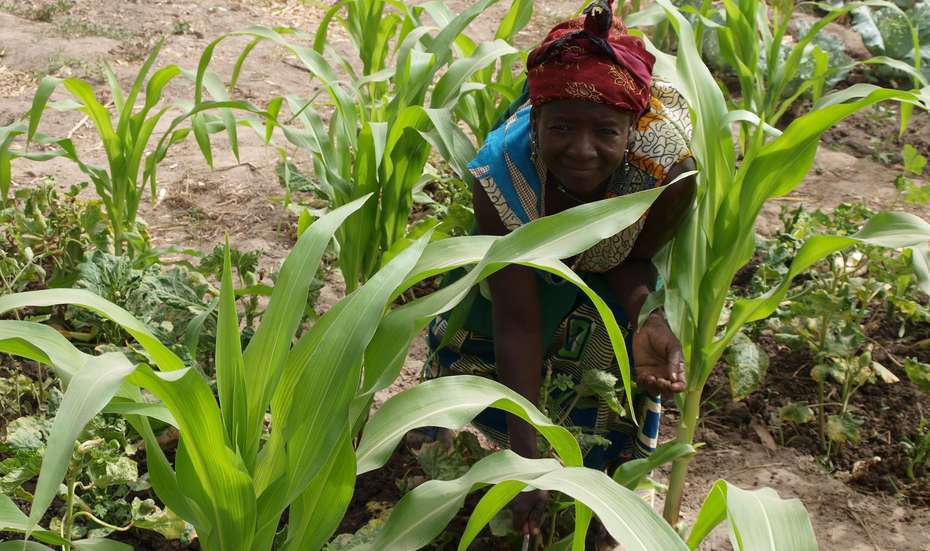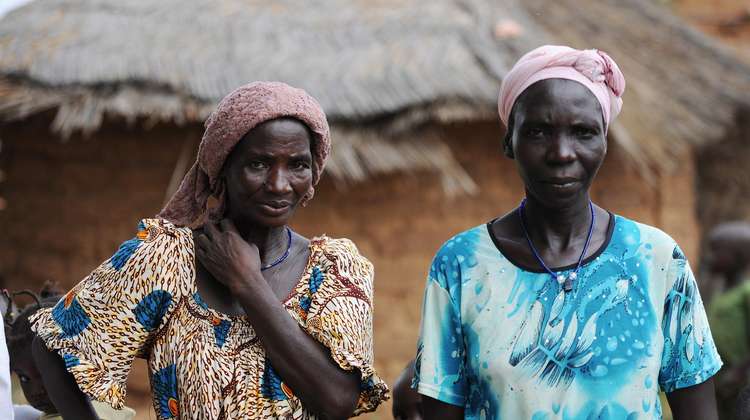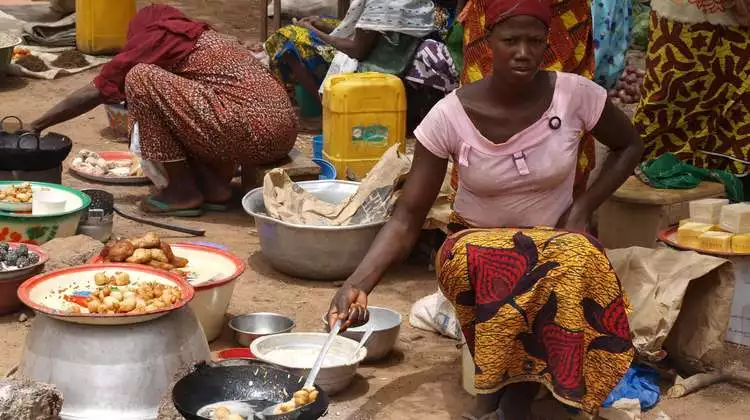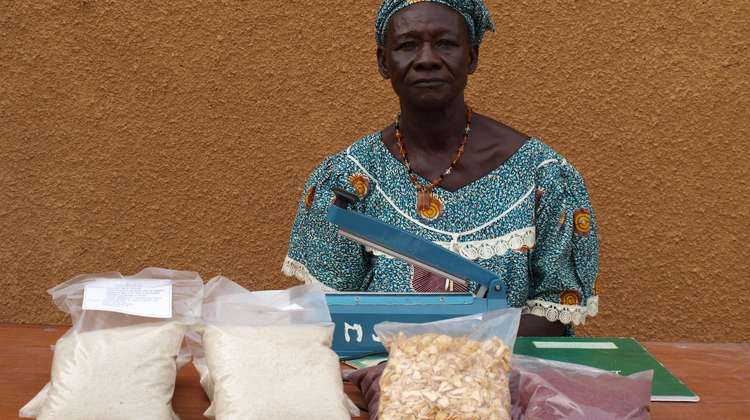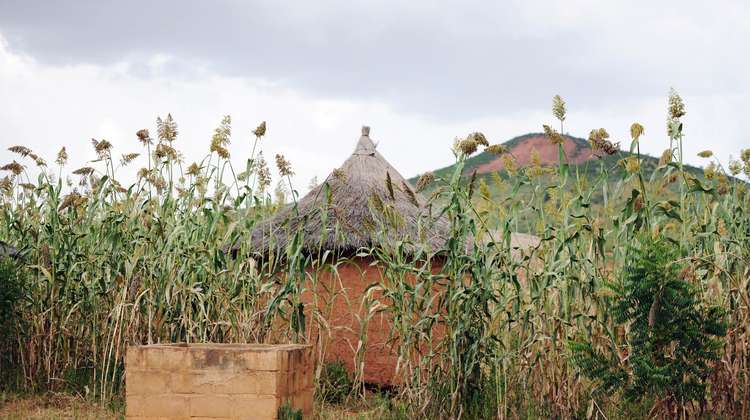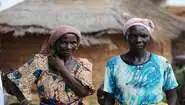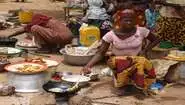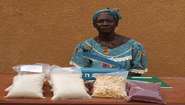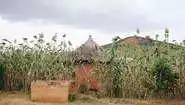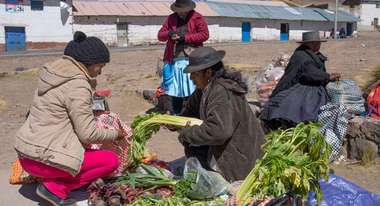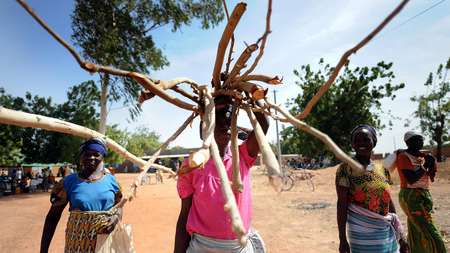
Prospects for Farmers in Burkina Faso
Life is hard in the provinces of Kourweogo, Oubritenga, Sanmatenga and Bam in Burkina Faso. Periods of extreme dryness alternate with torrential rain and flooding on an increasingly frequent basis. The effects of climate change are readily apparent in Burkina Faso. It is not uncommon for entire harvests to be destroyed. For a country in which 90% of the population consists of smallholders and subsistence farmers, this can quickly become life-threatening.
But that is not all. In years in which the provinces are spared by the weather, pests and disease destroy up to 40% of the harvest. As a result, the spectre of hunger is always looming. In terms of numbers, this means that over 80% of farmers cannot produce enough food to properly feed their own families. This affects children the most, with many suffering from chronic undernutrition.
From Subsistence Farming to Entrepreneurship
Welthungerhilfe's main goal in Burkina Faso is to transmit agricultural know-how. Harvests must be better protected from the effects of extreme weather, and yields must be multiplied. Around 630,000 locals benefit from the following measures.
Entrepreneurial Efforts Lead to Success
The project in Burkina Faso is already showing great success. The smallholder families are recording distinctly improved crop yields. This has led to a significant improvement in food and nutrition security and to surplus produce being sold thanks to increased yields. The profits can be saved for hard times and be invested in agricultural technology or education.
How Welthungerhilfe Supports People in Burkina Faso
- Welthungerhilfe provides smallholder families with high-quality seeds for their use.
- Vegetables with short growing cycles, including onions, tomatoes and eggplant, ensure a varied menu rich in vitamins and nutrients. Dependency on grain is diminishing.
- In addition, Welthungerhilfe has instituted an extensive professional education programme which teaches material including rainwater collection, erosion protection, biodiversity, innovative planting methods, preventative measures against climate change and weather data interpretation.
- In the villages, measuring systems record current weather data, which can then be transmitted by radio.
- “Plant clinics” and “plant doctors” consult on fertilisation, plant health and pest control. The system is being steadily expanded. Due to a reduction in the application of pesticides, crops are already significantly healthier.
- Courses offer women independence through independent employment. We teach botany to allow them to begin selling roots, tree resins and oils. Oven-building knowledge allows them to manufacture and sell energy-efficient ovens. Negotiating skills empower women to acquire usage rights for their own land in order to cultivate vegetables or raise poultry.




